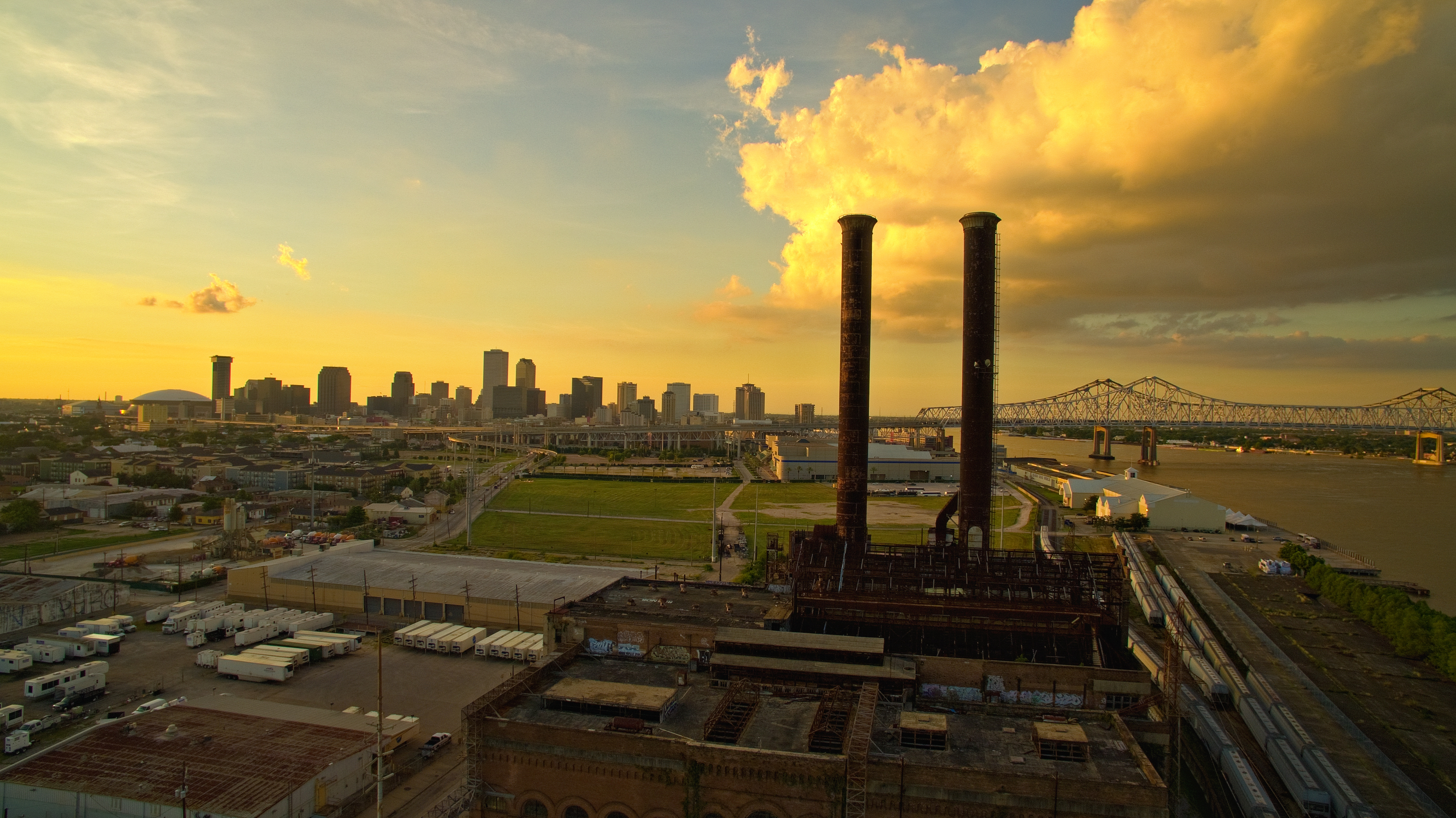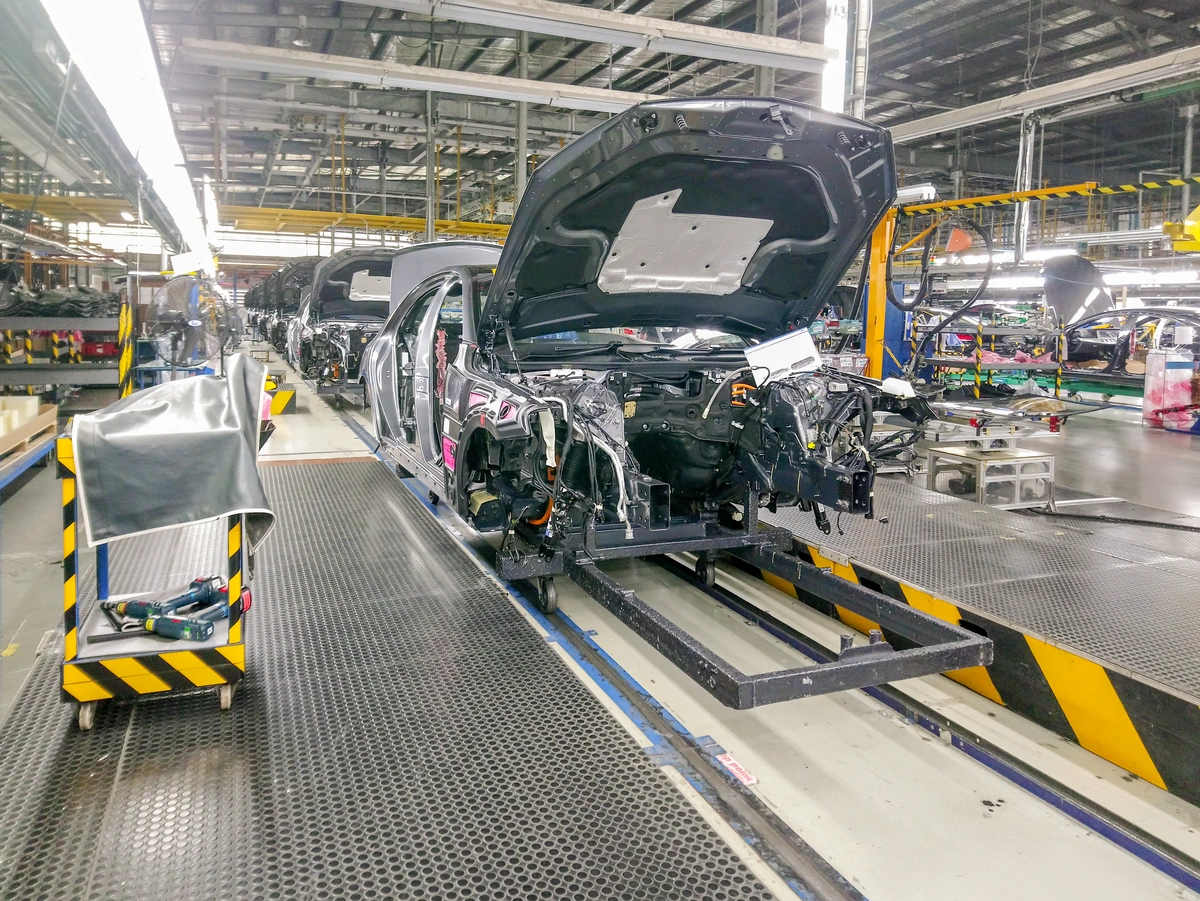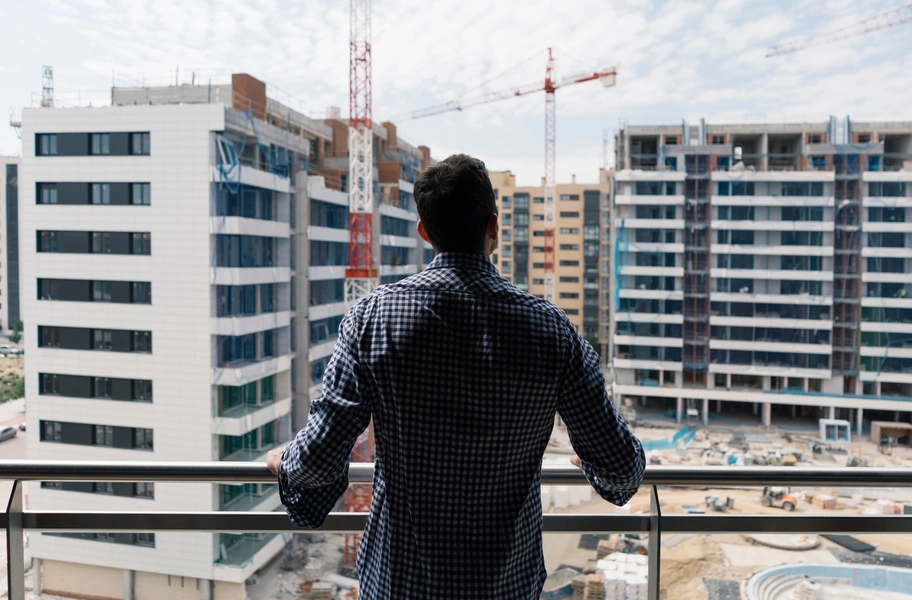President Biden’s bipartisan Infrastructure Investment and Jobs Act, which was passed last Friday, is the largest infusion of federal funding into infrastructure investments in over a decade. This bill has the potential to be a game-changer in addressing long-standing inequities in communities of color and low-income neighborhoods. The bill is poised to increase access to jobs, healthcare and other resources — but only if the money actually makes its way to the underserved communities it promises to transform.
The ambitious agenda seeks to make the largest investments into public transit and water infrastructure in American history, as well as ensure every American has access to high-speed internet. In addition, the bill aims to address environmental issues, deploying capital on various fronts. Some of the money will be used for clean energy transmission and electric vehicle infrastructure, the largest influx of investment to date, while another portion of funds will go towards environmental remediation — cleaning up Superfund sites, reclaiming abandoned mine land and capping orphaned gas wells.
Historically, communities of color and low-income neighborhoods have been neglected and underfunded, even cut off from resources. This has left those communities mired in poverty, often dealing with a lack of jobs, mass transportation options, and health issues like asthma. Ichor Strategies, which I founded, connects corporations and urban communities in an effort to drive more equitable capital investment to empower those communities and benefit businesses. The $1 trillion infrastructure bill, while not a silver bullet, has the potential to start addressing these critical issues for residents in environmental justice communities.
Among them:
-
Public transit will receive $105 billion for improvements, greatly benefiting Asian-American and Black communities as they are four times more likely to use public transit compared to their white counterparts.
-
Fifty-five billion dollars will be invested in clean drinking water and wastewater infrastructure. Data from the Environmental Protection Agency reveals that public water systems that constantly violate the Safe Drinking Water Act are 40% more likely to serve people of color. In addition, Native Americans are 19 times more likely than white households to lack indoor plumbing, while Black and Latino households are twice as likely.
-
Addressing the digital divide is vital for underserved communities and the $65 billion investment in high-speed internet infrastructure will impact jobs, education, and health care access for many. In the U.S., 41.9% of households earning less than $20,000 a year lack an internet subscription. Black and Hispanic families are 9% and 15% less likely, respectively, to have high-speed internet than white families, while 35% of individuals in Tribal communities lack broadband access. COVID-19 exacerbated the impact of not having an internet connection as businesses and schools moved online.
-
Twenty-one billion dollars will go toward environmental remediation, including cleaning abandoned mines, plugging orphaned gas wells, and remediating Superfund sites. These environmental hazards have a significant impact on health: Black people are three times more likely to die from asthma-related causes than their white counterparts, for example.
-
$7.5 billion will be used to build out a network of electric vehicle chargers, with a focus on rural, disadvantaged and hard-to-reach communities.
For years, federal administrations from both parties vowed to make critical infrastructure improvements, only to fail to follow through. Passage of President Biden’s bill is a critical first step. But it’s important to make sure that the states and localities ensure that the money not only reaches its targets but is also used to fund the projects that will help lift the communities that have so often have been left behind. Effective community engagement is key. Both public and private entities must work with communities when deploying capital to avoid repeating infrastructure failures of the past. If deployed correctly, the bill’s initiatives will strengthen communities and connect them both physically and digitally with the rest of the world. This, in turn, will improve their access to resources that were once hard to reach and facilitate the democratization of both economic and political capital.




